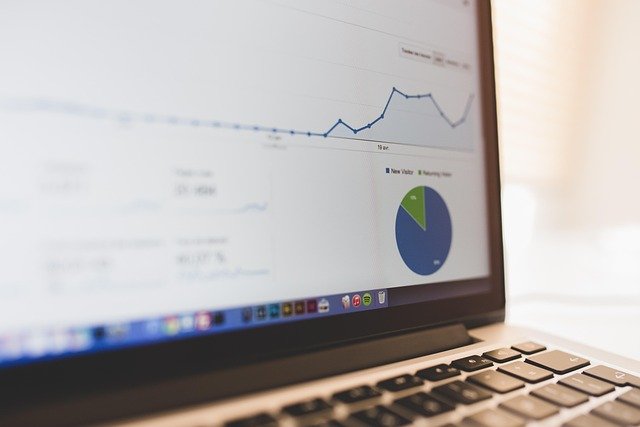Understanding the Impact of Upcycling: A Societal Shift towards Sustainable Consumption
In a world grappling with environmental challenges, upcycling has emerged as a significant trend influencing our consumption habits, potentially transforming our society. How is this practice impacting our everyday lives, and what does it mean for our future? Read below to delve into the fascinating world of upcycling.
Unearthing the Roots of Upcycling
While the term ‘upcycling’ was coined only in the 1990s, the practice of creatively reusing waste materials can be traced back to earlier times when economic necessity demanded frugality. With the advent of the industrial age and the rise of consumerism, the throwaway culture took precedence, overshadowing sustainable practices. However, the increasing environmental consciousness and the realization of finite resources in the 21st century have reignited interest in upcycling, leading to its resurgence in modern society.
The Emergence of Upcycling as a Cultural Phenomenon
Fashion, furniture, art, and even architecture—upcycling is permeating various sectors of our society. It’s no longer about making do; it’s about making better. A quick scan of social media platforms like Instagram and Pinterest reveals the growing popularity of upcycling, with DIY enthusiasts and green businesses showcasing their creativity and commitment to sustainability. This trend is not merely about transforming waste into something useful; it’s about challenging our consumption habits and redefining our relationship with material possessions.
Decoding the Societal Implications of Upcycling
The rise of upcycling signifies a shift from a linear economy—where we take, make, use, and dispose—to a circular economy, where waste is minimized, and resources are kept in use for as long as possible. This change has profound implications. Firstly, it fosters environmental sustainability by reducing waste and conserving resources. Secondly, it promotes economic resilience by creating new job opportunities and stimulating local economies. Lastly, it encourages social inclusivity by empowering communities, particularly those marginalized in traditional economic structures.
Expert Insights into Upcycling’s Relevance Today
Academic research supports the societal benefits of upcycling. A study published in the ‘Journal of Cleaner Production’ finds that upcycling contributes to sustainable development by reducing the environmental impact of waste and creating economic value. Another research published in ‘Sustainability’ highlights how upcycling can foster social innovation and community development. These findings underscore the relevance of upcycling in today’s world, where sustainability isn’t just a buzzword but an urgent necessity.
Navigating the Future: Upcycling and the Path Ahead
As we grapple with climate change, resource scarcity, and social inequality, upcycling offers a promising path towards a more sustainable and inclusive society. However, for this to happen, we need supportive policies, business models, and consumer attitudes that promote upcycling. As individual consumers, we can contribute by making conscious choices and embracing upcycling in our everyday lives.
In conclusion, upcycling isn’t merely a trend—it’s a cultural shift that holds the potential to redefine our society’s consumption patterns and move us towards a more sustainable and equitable future. As we continue to explore and understand this phenomenon, the importance of embedding upcycling into our societal fabric becomes increasingly evident.





